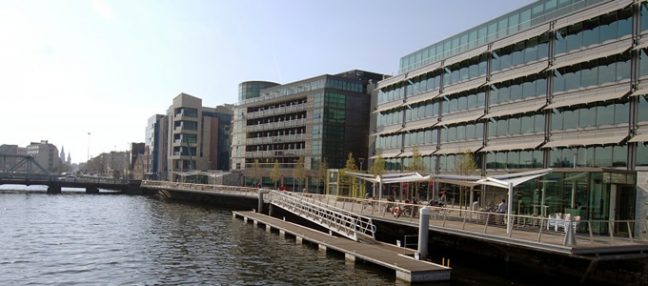With the future departure of Ulster Bank and KBC from the Irish Retail Banking sector in mind, and the questions many customers find themselves asking about the need to switch banks and what will happen to their mortgages, customers and non-customers alike ought to consider the possible benefits of switching their mortgage to another bank.
While much has been written about the departure of Ulster Bank and KBC from the Irish market, borrowers can be assured that there is still competition out there owing to new entries to the market, to include Avant Money and Finance Ireland. These new entrants together with the various products on offer from the main pillar banks provide borrowers with a number of options to meet their specific needs.
Re-mortgaging (also known as switching) can offer borrowers the chance to: –
-
- Shorten the term of their mortgage;
- Obtain a more competitive interest rate;
- Obtain a fixed interest rate for a number of years; or
- Raise finance for improvements/alterations to your home.
The process of re-mortgaging your home would generally be as follows: –
-
- Find the right product for your requirements. This may be done either by carrying out your own due diligence with a number of banks to see who can best suit your needs or instructing your mortgage broker to do so. Many of the banks are offering varying incentives with each product, to include payment of legal fees, cash back offers, and low interest rates for certain loan to value ratios.
-
- Once you have found the right product, instruct your solicitor that you are re-mortgaging to enable them take the next steps in the process on your behalf.
-
- Your solicitor will carry out the legal due diligence to certify the title to the new bank. Once all requirements are met to enable drawdown of the new mortgage, your solicitor will obtain funds to clear the existing mortgage. Thereafter your solicitor will deal with post drawdown requirements. From this point forward, you will pay your mortgage to your new lender.
J.W. O’Donovan LLP has a very experienced property team who are confident that they will be able to assist you in the re-mortgaging of your property. Should you have any queries, please contact Colm Tobin, Associate Solicitor, by email at ctobin@jwod.ie or by phone at 021-7300200.









